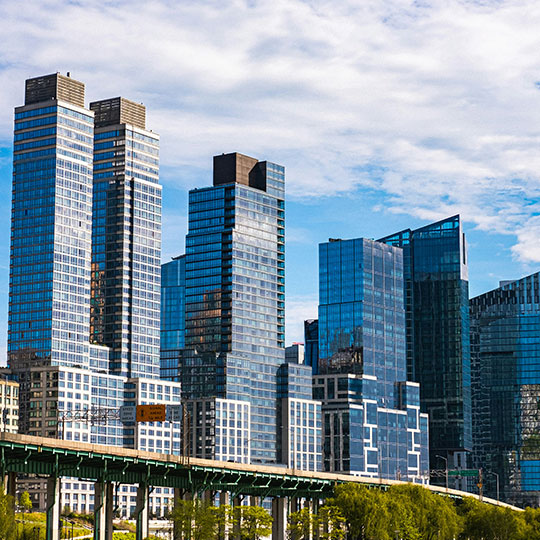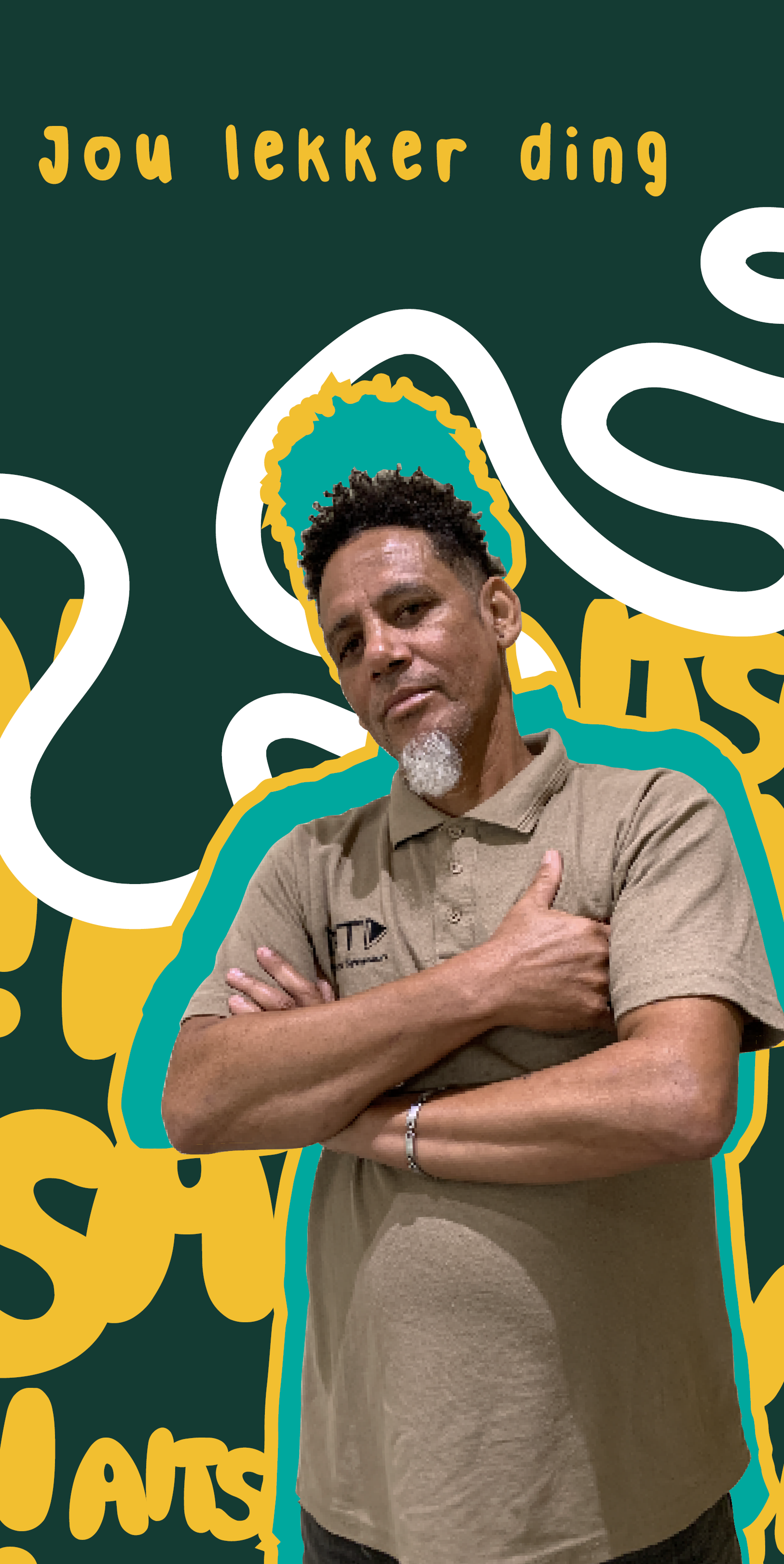
Botswana’s President Duma Boko says efforts must be intensified to complete a railway connection between Namibia and Botswana and thereby establish a logistics corridor between the two countries.
Boko made these remarks following a courtesy visit by President Netumbo Nandi-Ndaitwah to Gaborone, Botswana, last week. “The railway line that should connect us must be pushed forward with seriousness and also quickly, because it will create a corridor that enables the movement of goods. It will also help to relieve some other ports in Africa where the traffic volume has become overwhelming,” Boko said about the planned railway connection between the two countries.
Boko also used Nandi-Ndaitwah’s visit to thank the Namibian government for providing a dry port for Botswana. “Namibia has been very generous to Botswana. We were given land for a dry port. We are very grateful to the Namibian government and are confident, yes, we have no doubt that the relations between our two countries will become stronger and firmer and bring excellent results for our people,” he said.
Fifteen years after the launch of the Trans-Kalahari Railway Project, the scheme remains incomplete, and aside from an administrative office in Windhoek, there is little tangible progress. The multi-billion-dollar railway, designed to connect Botswana’s coal fields with the port of Walvis Bay in Namibia, was expected to boost regional trade and economic growth. At a joint ministerial committee meeting in February in Swakopmund, both Botswana and Namibia acknowledged the delays and called for urgent action. The project was introduced in 2010 with high expectations. It was envisioned as a cost-effective transport route for Botswana’s coal exports, creating new trade opportunities and supporting economic diversification. In 2014, Botswana and Namibia signed a formal agreement to implement the project, and in 2024, officials met in Kasane and agreed to “fast-track it to the point of no return.” However, no significant construction has taken place so far.
Boko made these remarks following a courtesy visit by President Netumbo Nandi-Ndaitwah to Gaborone, Botswana, last week. “The railway line that should connect us must be pushed forward with seriousness and also quickly, because it will create a corridor that enables the movement of goods. It will also help to relieve some other ports in Africa where the traffic volume has become overwhelming,” Boko said about the planned railway connection between the two countries.
Boko also used Nandi-Ndaitwah’s visit to thank the Namibian government for providing a dry port for Botswana. “Namibia has been very generous to Botswana. We were given land for a dry port. We are very grateful to the Namibian government and are confident, yes, we have no doubt that the relations between our two countries will become stronger and firmer and bring excellent results for our people,” he said.
Fifteen years after the launch of the Trans-Kalahari Railway Project, the scheme remains incomplete, and aside from an administrative office in Windhoek, there is little tangible progress. The multi-billion-dollar railway, designed to connect Botswana’s coal fields with the port of Walvis Bay in Namibia, was expected to boost regional trade and economic growth. At a joint ministerial committee meeting in February in Swakopmund, both Botswana and Namibia acknowledged the delays and called for urgent action. The project was introduced in 2010 with high expectations. It was envisioned as a cost-effective transport route for Botswana’s coal exports, creating new trade opportunities and supporting economic diversification. In 2014, Botswana and Namibia signed a formal agreement to implement the project, and in 2024, officials met in Kasane and agreed to “fast-track it to the point of no return.” However, no significant construction has taken place so far.

















